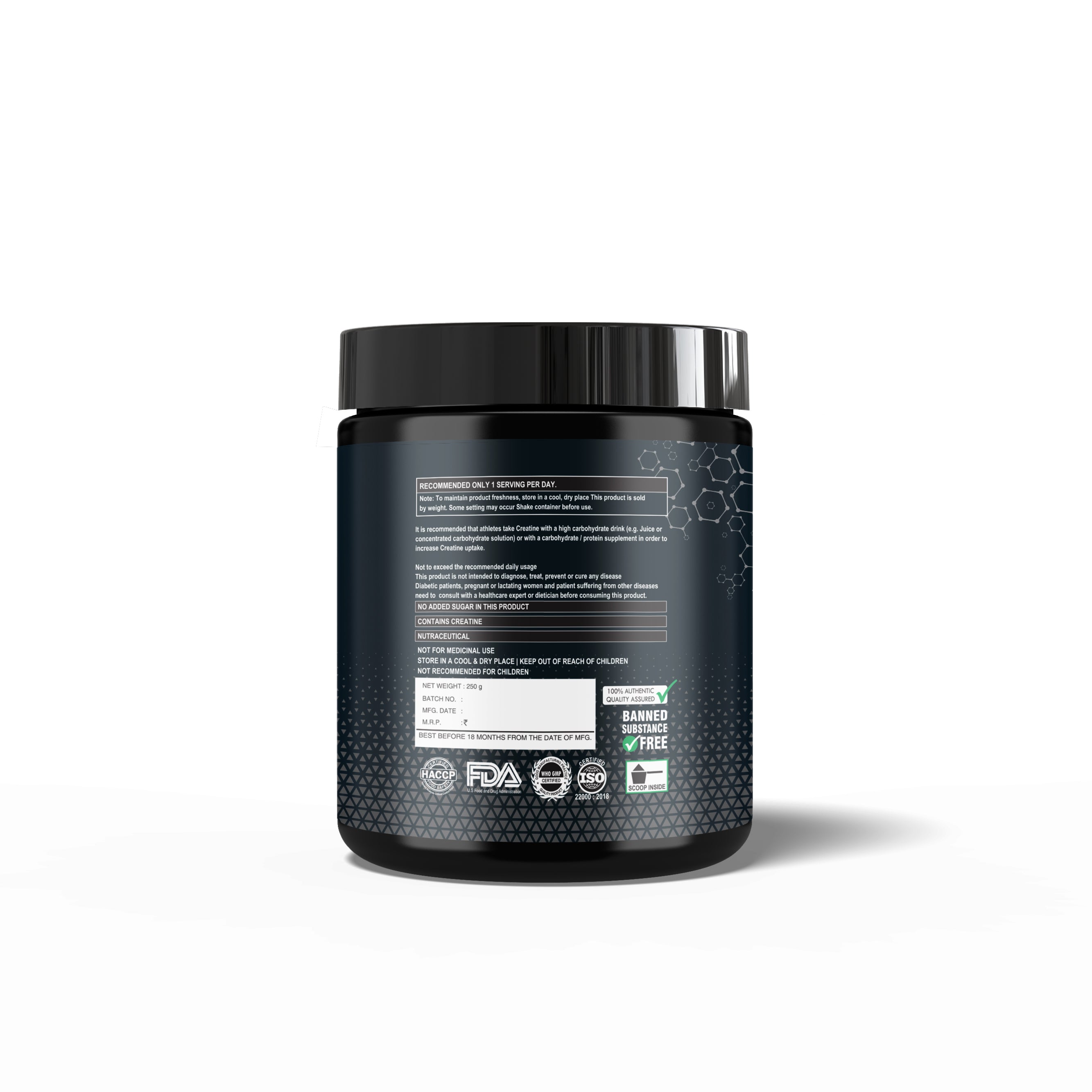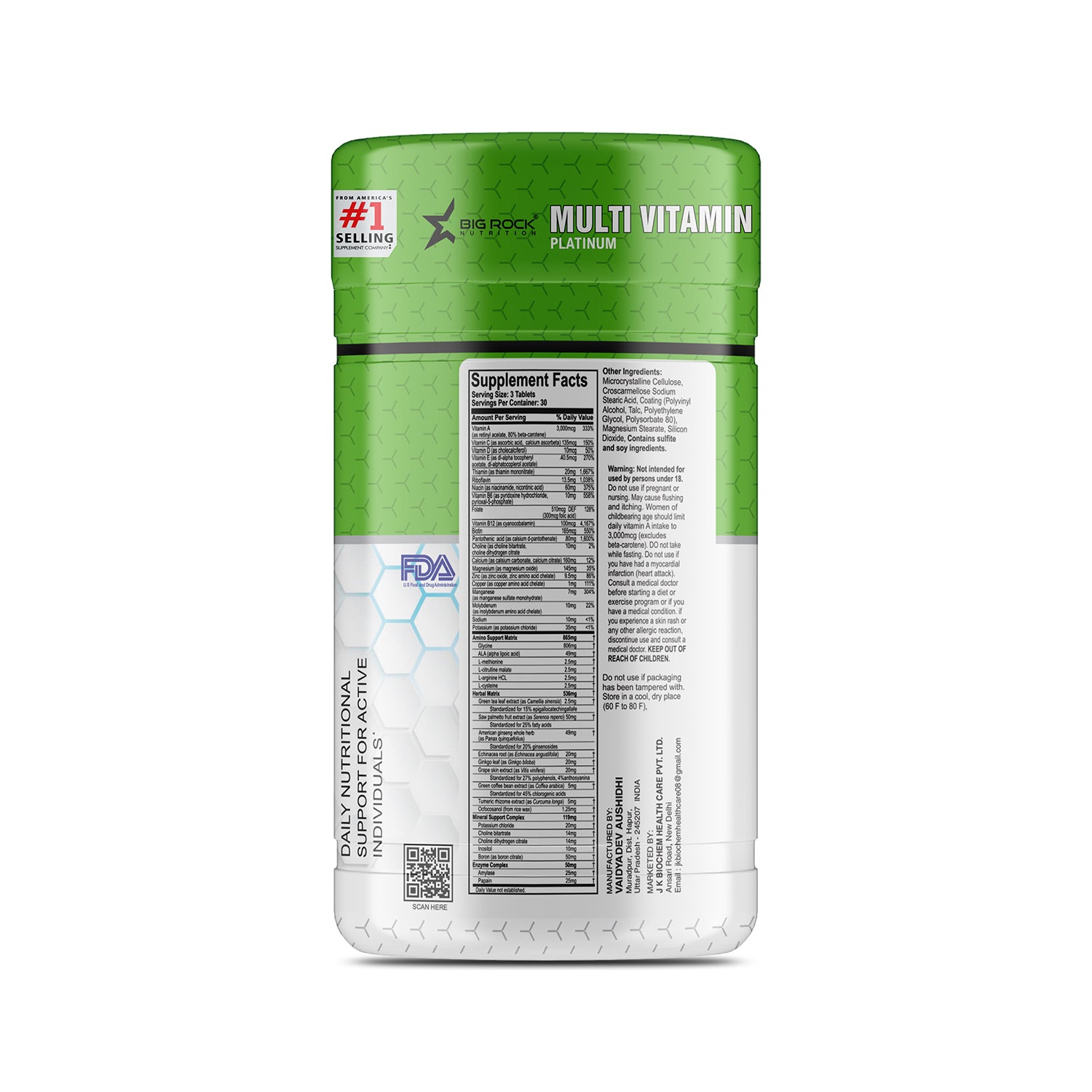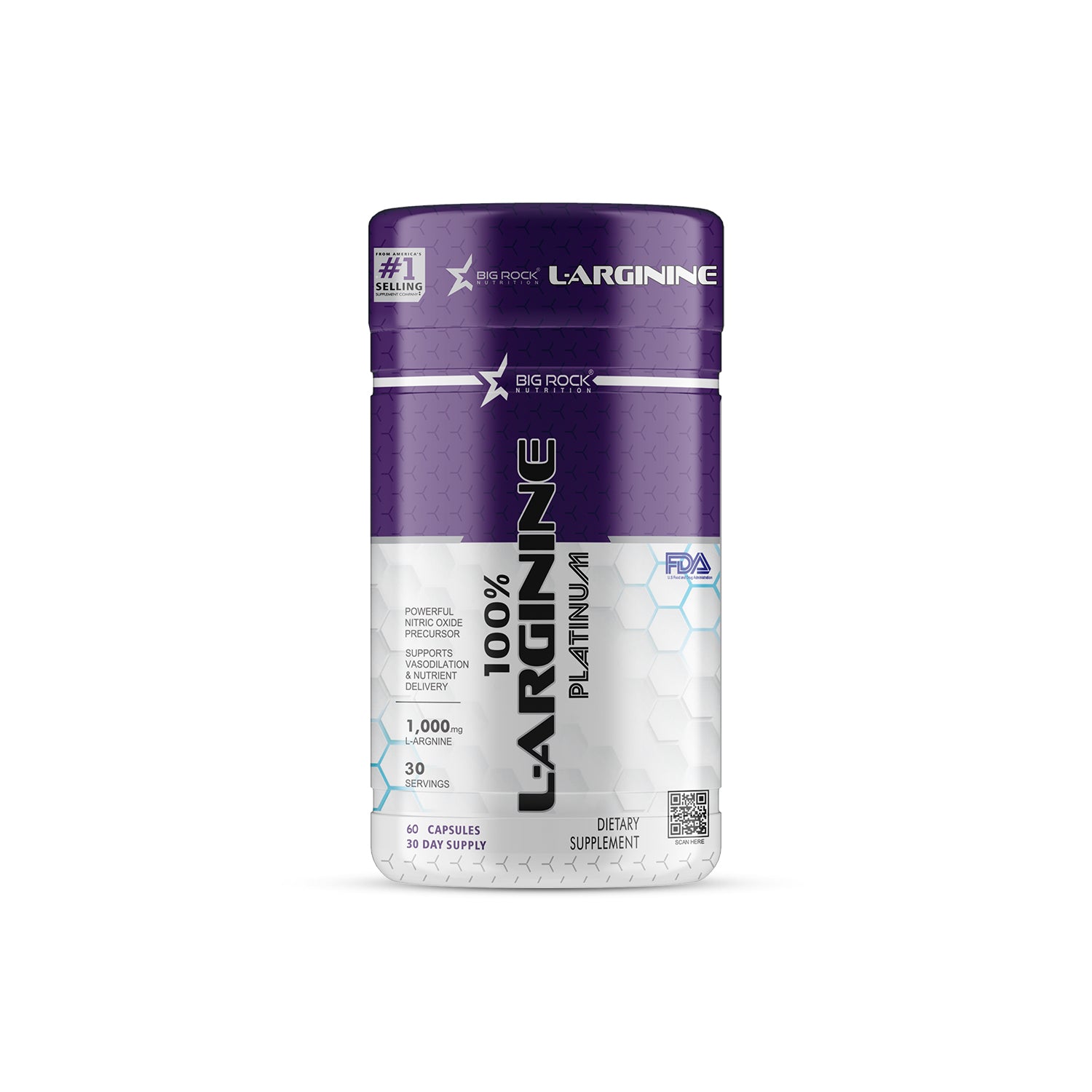The amount of caffeine that is considered "too much" can vary depending on individual tolerance, health conditions, and lifestyle factors. However, general guidelines provide a useful framework:
Recommended Caffeine Intake:
-
Adults: For most healthy adults, the FDA suggests that up to 400 milligrams (mg) of caffeine per day is generally considered safe. This is roughly the amount of caffeine in:
- 4 cups of brewed coffee
- 10 cans of cola
- 2 "energy shot" drinks
Caffeine Sensitivity:
-
Individual Tolerance: Some people are more sensitive to caffeine and may experience adverse effects at lower doses. Factors like body weight, age, medications, and genetic differences can influence how much caffeine is too much for a particular person.
- Mild Sensitivity: Some individuals might experience jitteriness, anxiety, or sleep disturbances with as little as 100-200 mg of caffeine.
- High Sensitivity: For highly sensitive individuals, even small amounts of caffeine (under 100 mg) can cause significant side effects.
Potential Side Effects of Excessive Caffeine:
- Anxiety and Nervousness: High caffeine intake can increase anxiety, restlessness, and nervousness. It can also exacerbate symptoms in individuals with anxiety disorders.
- Insomnia: Caffeine can interfere with sleep, particularly if consumed later in the day. Chronic sleep deprivation due to caffeine can lead to long-term health issues.
- Digestive Issues: Caffeine can cause digestive disturbances, including stomach upset, acid reflux, and diarrhea, especially when consumed in large amounts.
- Increased Heart Rate and Blood Pressure: Excessive caffeine can lead to an elevated heart rate (tachycardia) and increased blood pressure, which can be dangerous for individuals with heart conditions.
- Jitters and Shakiness: Overconsumption can cause physical symptoms like trembling, shakiness, and a sense of being "wired."
- Dependence and Withdrawal: Regular consumption of high amounts of caffeine can lead to dependence. Withdrawal symptoms can include headaches, fatigue, irritability, and depressed mood.
Special Considerations:
- Pregnancy: Pregnant women are advised to limit their caffeine intake to 200 mg per day (about 1-2 cups of coffee) due to potential risks such as low birth weight and preterm birth.
- Children and Adolescents: The American Academy of Pediatrics recommends that children and adolescents should avoid caffeine, as they are more sensitive to its effects and it can interfere with sleep and development.
- Certain Medical Conditions: Individuals with certain health conditions, such as anxiety disorders, heart arrhythmias, or high blood pressure, should consult a healthcare provider about safe caffeine limits.
Signs of Caffeine Overdose:
- Severe Symptoms: In rare cases, extremely high doses of caffeine (over 1,000 mg per day) can lead to serious health issues, including seizures, confusion, and cardiovascular problems.
- Seek Medical Help: If someone experiences severe symptoms like chest pain, rapid heartbeat, or severe dizziness after consuming caffeine, they should seek medical attention immediately.
Conclusion:
For most healthy adults, up to 400 mg of caffeine per day is considered safe and unlikely to cause harm. However, individual tolerance can vary, and it's important to be mindful of how caffeine affects your body. If you experience negative side effects or have health conditions that could be aggravated by caffeine, you may need to limit your intake further. Always consider your total daily caffeine consumption from all sources, including coffee, tea, energy drinks, soft drinks, and certain medications, to avoid exceeding safe levels.
How Caffeine Works:
- Adenosine Receptor Blocker: Caffeine works primarily by blocking adenosine receptors in the brain. Adenosine is a neurotransmitter that promotes relaxation and sleepiness. By blocking these receptors, caffeine increases alertness and reduces the perception of fatigue.
- Dopamine Release: Caffeine also stimulates the release of dopamine, a neurotransmitter associated with pleasure and reward, which can enhance mood and improve focus.
Benefits of Caffeine:
-
Enhanced Mental Alertness:
- Improved Focus: Caffeine can improve concentration and cognitive performance, particularly during tasks that require sustained attention.
- Memory Boost: Some studies suggest that caffeine may enhance certain types of memory, particularly short-term memory.
-
Increased Physical Performance:
- Endurance: Caffeine has been shown to enhance physical endurance by mobilizing fatty acids from fat tissues, making them available as energy.
- Strength and Power: Caffeine can also improve strength and power output, making it a popular supplement among athletes and fitness enthusiasts.
-
Mood Improvement:
- Reduced Depression Risk: Moderate caffeine consumption has been linked to a reduced risk of depression in some studies, likely due to its stimulating effects on the brain.
- Social Interaction: For many people, caffeine is part of a social ritual (e.g., drinking coffee with friends), which can contribute to overall well-being.
-
Metabolic Benefits:
- Fat Burning: Caffeine can increase metabolic rate and fat oxidation, making it a common ingredient in weight loss supplements.
- Appetite Suppression: Some people experience a temporary reduction in appetite after consuming caffeine, which can be beneficial for weight management.
-
Potential Protective Effects:
- Neurodegenerative Diseases: Some research suggests that regular caffeine consumption may reduce the risk of neurodegenerative diseases like Alzheimer’s and Parkinson’s, possibly due to its neuroprotective properties.
- Reduced Risk of Certain Cancers: Studies have shown that coffee consumption, in particular, may be associated with a lower risk of certain cancers, such as liver and colorectal cancer.
Risks of Excessive Caffeine Consumption:
-
Cardiovascular Risks:
- Increased Blood Pressure: Caffeine can cause a short-term increase in blood pressure, particularly in individuals who are sensitive to it or consume it infrequently. Chronic high intake might contribute to long-term blood pressure issues in susceptible individuals.
- Heart Palpitations: High doses of caffeine can lead to palpitations or irregular heartbeats, which can be concerning, especially for those with pre-existing heart conditions.
-
Sleep Disruption:
- Insomnia: Caffeine’s stimulating effects can interfere with sleep, particularly if consumed later in the day. Poor sleep quality can lead to a host of issues, including impaired cognitive function, mood disturbances, and increased risk of chronic health conditions.
- Sleep Cycle Alteration: Even if you fall asleep, caffeine can reduce the amount of deep sleep you get, leading to less restful sleep.
-
Digestive Issues:
- Acid Reflux: Caffeine can relax the lower esophageal sphincter, leading to acid reflux or heartburn in some individuals.
- Diuretic Effect: Caffeine has a mild diuretic effect, meaning it can increase urine production. While this typically isn’t a problem, excessive intake without adequate hydration could potentially lead to dehydration.
-
Mental Health Impacts:
- Increased Anxiety: Caffeine can exacerbate anxiety symptoms, especially in individuals with anxiety disorders or those who are particularly sensitive to its effects. High doses can lead to jitteriness, restlessness, and panic attacks.
- Dependence and Tolerance: Regular use of caffeine can lead to tolerance, meaning you may need more to achieve the same effects. This can also lead to dependence, where you rely on caffeine to feel normal. Withdrawal symptoms, such as headaches, fatigue, irritability, and depressed mood, can occur if you suddenly stop consuming caffeine.
-
Bone Health:
- Calcium Excretion: High caffeine intake can increase calcium excretion through urine, which might contribute to bone loss over time, particularly in those who consume large amounts of caffeine and have low calcium intake.
Managing Caffeine Intake:
-
Moderation is Key:
- Stay Within Safe Limits: For most adults, up to 400 mg of caffeine per day is considered safe. This roughly equates to about 4 cups of coffee, depending on the brew strength.
- Be Aware of All Sources: Caffeine is not only in coffee but also in tea, soft drinks, energy drinks, chocolate, and some medications. Keep track of your total daily intake from all sources.
-
Timing Your Caffeine Consumption:
- Morning or Early Afternoon: To avoid sleep disturbances, it’s generally best to consume caffeine in the morning or early afternoon. Try to avoid caffeine intake at least 6 hours before bedtime.
- Pre-Workout Timing: If using caffeine to enhance exercise performance, consuming it about 30-60 minutes before your workout can help you reap the maximum benefits.
-
Listening to Your Body:
- Individual Sensitivity: Pay attention to how your body reacts to caffeine. If you notice symptoms like anxiety, jitteriness, or trouble sleeping, consider reducing your intake.
- Adjusting Intake: If you need to reduce your caffeine consumption, do so gradually to avoid withdrawal symptoms. Consider substituting with lower-caffeine options like green tea or decaf coffee.
-
Hydration:
- Balance with Water Intake: Since caffeine has a diuretic effect, it’s important to stay well-hydrated. Drink plenty of water throughout the day, especially if you consume caffeinated beverages.
-
Consider Alternatives:
- Herbal Teas: Herbal teas like chamomile or peppermint can be soothing and caffeine-free, providing a good alternative if you’re looking to reduce caffeine.
- Decaffeinated Options: Decaffeinated coffee or tea allows you to enjoy the ritual and taste without the stimulating effects of caffeine.
Conclusion:
Caffeine can offer numerous benefits, including improved mental alertness, enhanced physical performance, and potential protective effects against certain diseases. However, it’s important to consume caffeine in moderation and be mindful of individual tolerance and potential side effects. For most people, up to 400 mg of caffeine per day is safe, but exceeding this amount or consuming caffeine too close to bedtime can lead to negative health outcomes. Always consider your overall lifestyle, health conditions, and how your body responds to caffeine when determining the right amount for you. If you experience any adverse effects, it’s advisable to reduce your intake and consult with a healthcare provider.

















